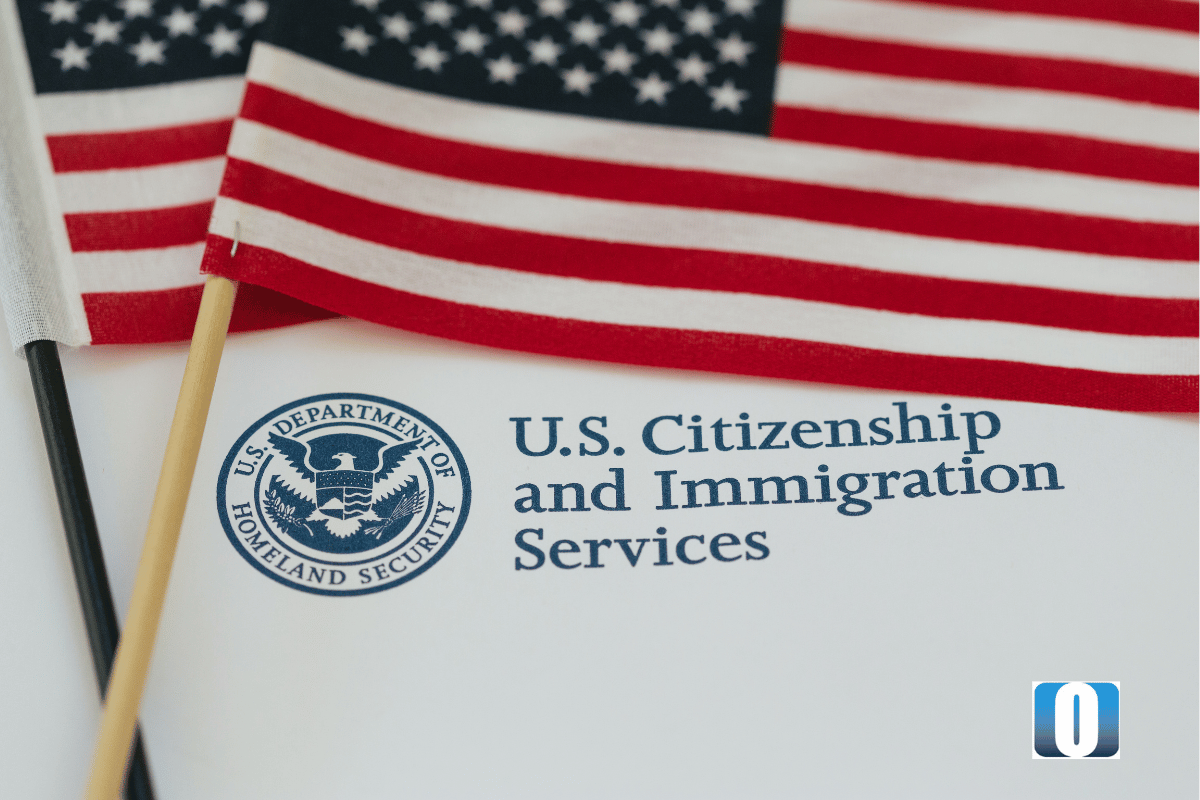If you've ever dealt with U.S. immigration paperwork, you know how unpredictable it can be. The rules seem to shift all the time — one day everything looks fine, and the next day USCIS or the Department of Homeland Security (DHS) updates a form, fee, or policy.
So what happens if the law changes while your case is still pending? Do you have to start over? The short answer is: not usually. But it depends on what kind of change happened and when. Let's break it down in plain view.
Why Immigration Laws Keep Changing
Immigration law changes for all kinds of reasons — politics, court decisions, or sometimes just agency policy updates. Every new administration seems to have its own view of how things should work.
Here are a few examples I've seen over the years:
- A new president changes how certain visas are reviewed.
- Congress creates or cancels an entire visa category.
- Courts strike down a rule that's been in place for years.
Basically, it's a moving target. And if your case is in process, those shifts can make you nervous — which is entirely understandable.
When Legal Changes Can Affect Your Case
Every immigration application goes through stages: you file it, USCIS reviews it, and eventually, you get a decision. A new law or policy can appear at any point along that path.
Significant Legal Changes (the Law Itself)
Sometimes Congress or a federal court changes who qualifies for a particular benefit. That's called a substantive change.
For example, if the law tightens eligibility for an employment-based visa, some cases that looked fine before might suddenly not qualify.
That kind of shift can be tough because it's not just paperwork — it changes the rules of the game itself.
Policy and Procedure Updates
USCIS often releases updates to its Policy Manual — basically the guidebook officers use to make decisions. These usually deal with how officers interpret the law, not the law itself.
Most of the time, these new policies apply only to future cases. But sometimes, if the change is just a clarification, USCIS can apply it to pending cases.
I've seen people get extra Requests for Evidence (RFEs) because of this — not because their case was weak, but because the agency started asking for new kinds of proof mid-process.
Executive Orders and Court Rulings
Presidents can act fast. Programs like DACA or the various travel bans changed almost overnight. Courts then stepped in, paused them, or reactivated them.
It's chaotic, and if your case is caught in the middle, you might be waiting longer than expected.
The "Date of Filing" Rule
Here's a bit of good news: USCIS usually decides cases based on the law that was in effect on the date you filed.
That's called the "date of filing" rule, and it protects people who filed in good faith before a rule changed. So, if a new law takes effect after your submission, you're typically safe under the old standard.
There are exceptions, of course. If a court throws out a prior rule or Congress says the new law applies retroactively, even pending cases must follow the new requirements.
A good example is the "public charge" rule from 2019 — it applied only to applications filed after the new rule took effect. Those who filed earlier weren't affected.
Retroactive vs. Prospective Changes
Most changes are prospective, meaning they apply from now on. A retroactive change affects cases already in progress.
Retroactive changes are rare, but they do happen, usually when the government wants to close loopholes or address fraud or security concerns.
If you ever see headlines about a new immigration rule and you're not sure whether it affects your case, don't panic. Call your lawyer or check USCIS's updates first before assuming the worst.

What You Can Do if the Law Changes
Stay in the Loop
Keep checking the USCIS website, or better yet, stay in touch with your attorney. USCIS usually announces when a rule starts and whether it affects pending cases.
Talk to an Immigration Attorney
A good lawyer will know how the change might affect you. They can tell you whether to stay the course, submit new evidence, or file something else.
Sometimes, they can even file a motion or appeal if your case was denied under a rule that changed midstream.
Keep Proof of When You Filed
This one sounds simple, but it's enormous. Always keep your filing receipts and delivery confirmations. They show your case was filed before a new rule kicked in — that detail alone can save your application.
Real-World Examples
DACA: This program has been stopped and restarted so many times it's hard to count. People in the middle of applying often had to wait months while courts decided what would happen next.
Public Charge Rule: Between 2019 and 2021, this rule changed multiple times. Applicants had to submit different financial documents depending on when they filed.
COVID-19 Adjustments: During the pandemic, USCIS loosened deadlines and biometrics rules to help applicants who couldn't travel or access local offices.
A Few Tips from Experience
- Keep everything organized. Don't rely on USCIS to track your history — you need your own copies.
- Check your status often. Processing delays are common, but not always bad.
- Respond quickly. If you receive a new RFE due to a policy update, respond to it as soon as possible.
- Try not to stress. Most law changes don't wipe out pending cases.
- Ask questions early. If something feels unclear, it's better to ask than assume.
Final Thoughts
It's never fun when laws change mid-case. You've already waited months, maybe years, and suddenly the rules feel like they're shifting under your feet. But the good news is that most pending cases stay valid under the old rules.
Sources:
- Immigration and Nationality Act (INA) §§101–275
- USCIS Policy Manual
- Federal Register and Department of Homeland Security updates

.avif)











.avif)
